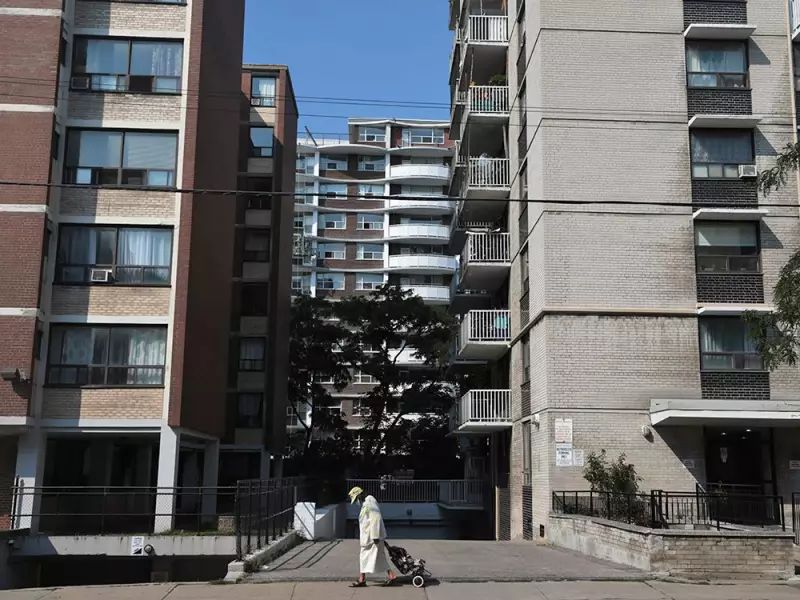
Ontario's provincial government finds itself trapped in a political dilemma that's preventing meaningful action on the rental housing crisis. Despite clear evidence that reforms are needed to boost housing supply, fear of organized tenant advocacy groups has created legislative paralysis.
The Political Stalemate
Recent attempts to modernize Ontario's rental framework have consistently met with fierce opposition from well-organized tenant organizations. These groups have demonstrated significant political influence, capable of mobilizing public opinion and creating substantial backlash against proposed changes.
The core issue revolves around balancing tenant protections with the need to encourage rental housing development. While tenant advocates argue for maintaining strict rent control and eviction protections, housing experts warn that the current system discourages new rental construction at a time when supply is desperately needed.
The Development Chill
Builders and developers across Ontario are increasingly hesitant to pursue rental projects due to regulatory uncertainty and perceived political risk. The message from industry insiders is clear: without predictable rules and reasonable returns, private investment in rental housing will continue to stagnate.
This development chill comes at the worst possible time, with Ontario facing an unprecedented housing shortage that's driving up costs and limiting options for residents at all income levels.
The Missing Middle Ground
What's particularly frustrating for policy observers is the absence of constructive dialogue between competing interests. Rather than seeking compromise solutions that could protect existing tenants while encouraging new supply, the debate has become polarized and increasingly unproductive.
Several potential reforms have been discussed behind closed doors, including:
- Gradual implementation of new rules to minimize disruption
- Exemptions for new construction to boost supply
- Targeted assistance for vulnerable tenants during transition periods
- Incentives for purpose-built rental construction
The Economic Consequences
The ongoing stalemate has real economic impacts beyond just housing costs. Businesses report difficulty attracting talent due to housing unaffordability, while young professionals and families increasingly consider leaving the province for more affordable markets.
The longer Ontario delays meaningful reform, the deeper the housing crisis becomes, making eventual solutions more difficult and expensive to implement.
A Path Forward
Breaking the current impasse will require political courage and a willingness to engage in honest conversation about trade-offs. While tenant protections remain important, they cannot come at the cost of strangling new housing supply for future generations.
The question remains whether Ontario's leadership can find the political will to make difficult decisions, or if fear of organized opposition will continue to prevent the reforms needed to address the province's growing housing emergency.





